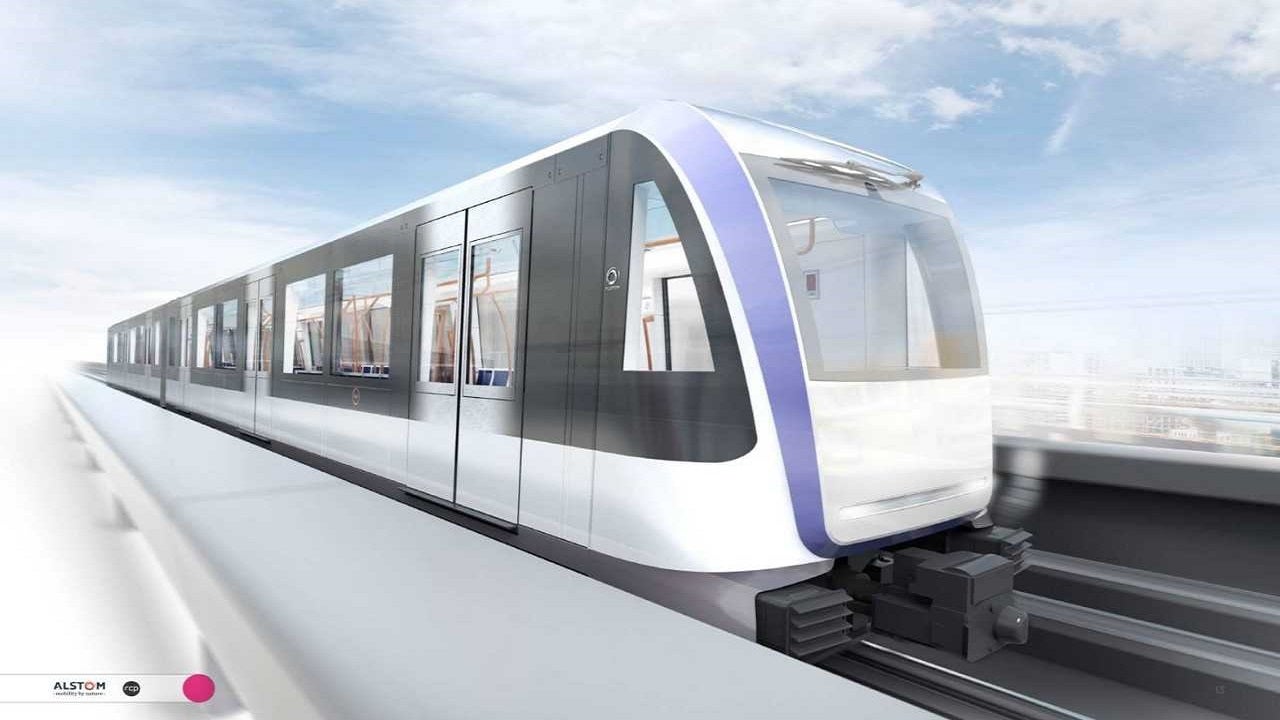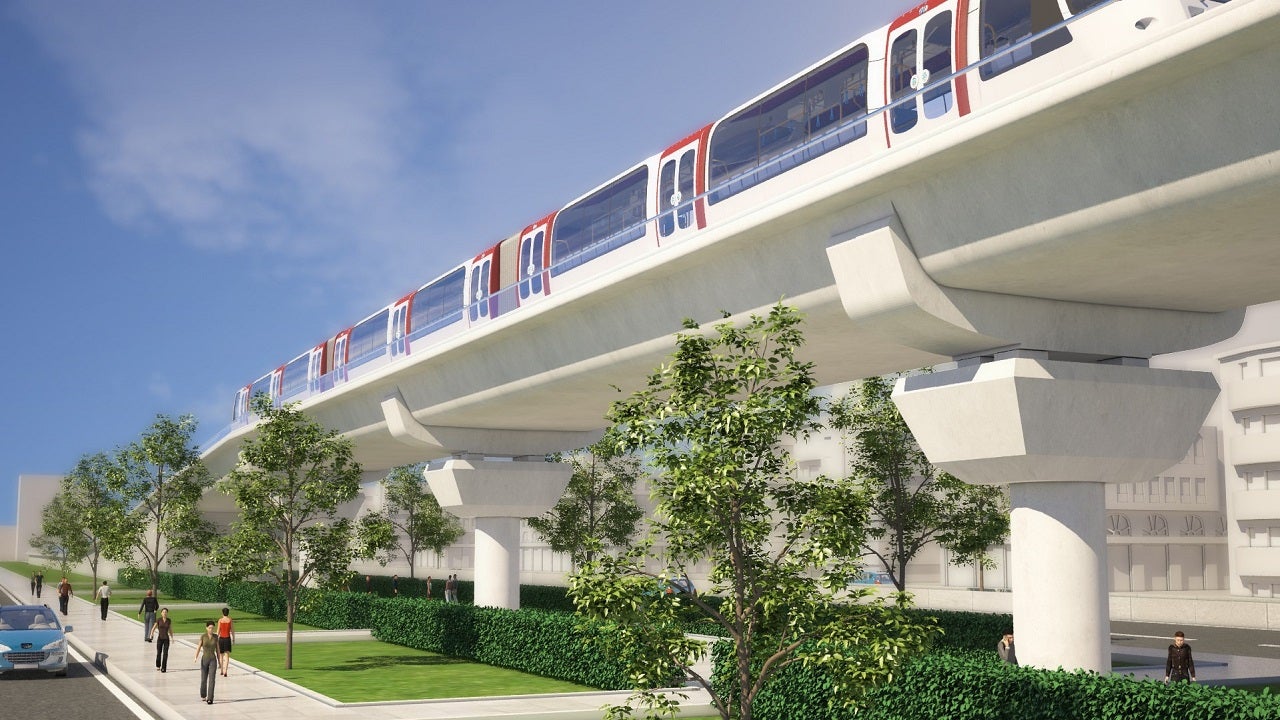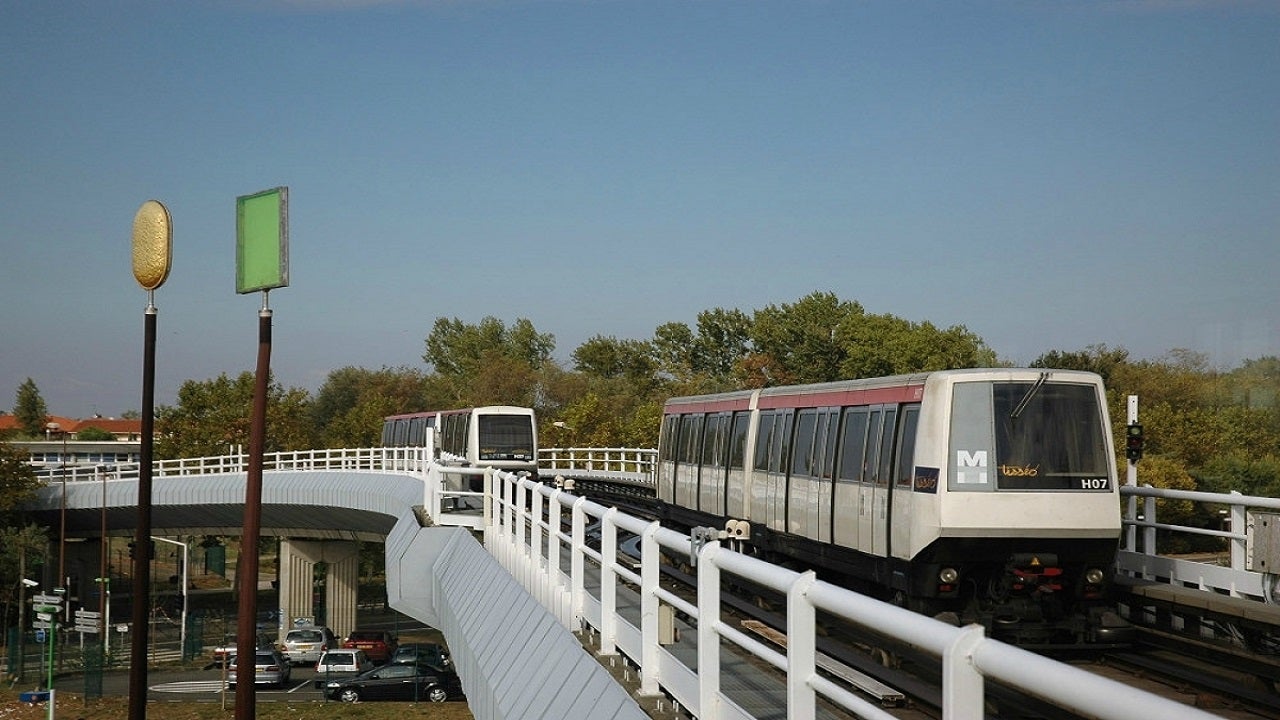Toulouse Aerospace Express (TAE) is a €2.7bn ($3.29bn) integrated project comprising the proposed third automated metro line and the Airport Express line in France’s Toulouse region.
The third metro line will connect Colomiers to Labège La Cadène, passing through Airbus factories, Matabiau Station, and the commercial areas in Toulouse’s south-east.
The Airport Express line will offer a new express, high-frequency connection between Toulouse and the Toulouse-Blagnac international airport. It will use the existing T2 tramway infrastructure to connect the airport within six minutes. It will also provide a connection to the third metro line and the T1 tram line at the new Jean Maga station.
Work on the new metro line is planned to be started in 2022, with commissioning deferred to 2028 from the earlier planned 2025 due to the impact of COVID-19.
The third subway line will serve the main employment centres and transport approximately 200,000 passengers a day.
Toulouse Aerospace Express route details
The 27km-long third line will include 21 stations and form a diagonal between Colomiers and Labège La Cadène stations. The route includes Airbus factories and the future business district of Toulouse Euro Sud Ouest around the Matabiau station. The line also passes through the Montaudran district, the Labège, shopping centre, and the former Innopole. It forms a 3km-long loop around Toulouse’s northern suburbs.
The new Jean Maga station will be built on the existing T1 tram line between Ancely and Servanty Airbus.
High-capacity elevators at Jean Maga station will move users from the metro platform to the platform on the Airport Express Line and the T1 station.
The third line is linked to metro line B at the La Vache, François Verdier and Institut national polytechnique de Toulouse (INPT) stations and line A at Marengo Matabiau.
It is also linked to the Linéo network, to stations in La Vache (Linéo10) and Bonnefoy (Linéo9), as well as the bus network.
Infrastructure
TAE will be installed with Alstom’s Hesop, an advanced reversible power substation that provides traction voltage to the network and captures more than 99% of the recoverable braking energy from vehicles.
Other infrastructure will include platform screen doors and a dynamic load indication system.
Rolling stock for Toulouse Aerospace Express
Alstom’s Metropolis trains, which are designed to provide enhanced travel experience to passengers, while enabling energy efficiency and ease of maintenance, will run on the new line.
The train will have large openings to the outside and be equipped with LED lighting that adjusts to travel conditions, improved air filtration, and anti-bacterial coatings on handholds.
Platform facades will indicate the density of passengers on board the cars.
The vehicle has also shown its mechanical robustness and versatile capability, allowing it to control critical interfaces such as the train or the centralised control centre.
The trainsets will be 36m when commissioned and support further extension to 48m. The passenger capacity will be between 286 and 386 passengers, while the commercial speed will be more than 41km/h.
Track and signalling
The railway track will be a steel-on-steel operation to reduce friction and keep fine particles to a minimum.
The track will be laid using Appitrack automated solution. The line will employ Urbalis 400, an effective communication-based train control (CBTC) automated operation solution. The CBTC will ensure maximum safety, reliability, and long-term durability.
Contractors involved
Alstom was awarded a contract worth €713m ($866m) for the supply and maintenance of rolling stock for the third metro line.
The contract includes vehicles, automation and track equipment, power supply, and six years of maintenance, with an option for a further 12 years of maintenance.
The project management team comprises Systra, Arcadis, Richez Associés, Séquences, and TAA Toulouse.
GESTE Engineering France was chosen to partner with Artelia for CFA-PCC project management. The scope includes the definition of internal and external interfaces as the definition of the Hypervision system to be undertaken in a centralised control station (PCC).






